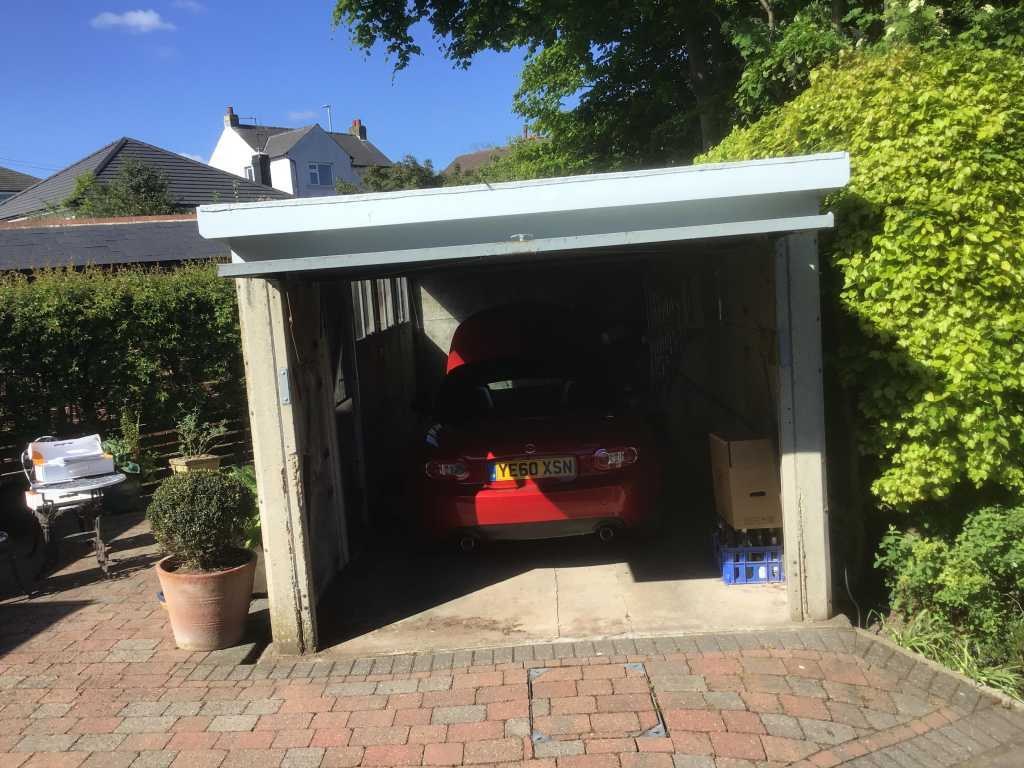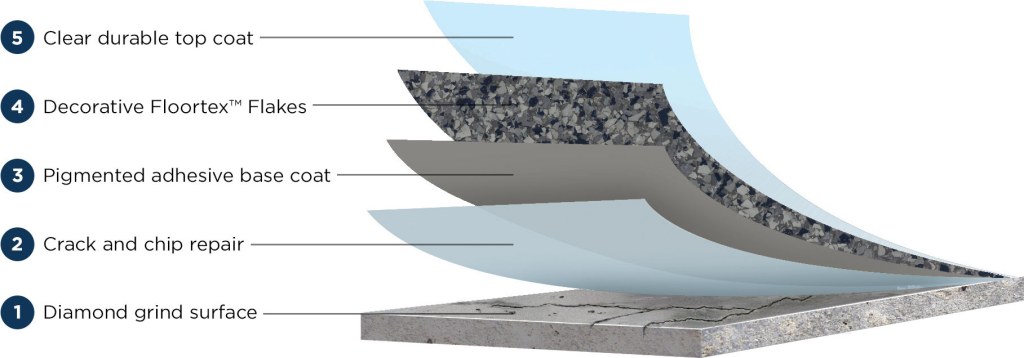Frosty Dilemma: Battling Condensation On The Outside Of Your Garage Freezer – Take Action Now!
Condensation on Outside of Freezer in Garage
Introduction
Hello Garage lovers, in this article, we will discuss the common issue of condensation on the outside of a freezer in the garage. Many people face this problem and are unsure why it occurs and how to prevent it. In this comprehensive guide, we will explore the reasons behind this phenomenon and provide you with practical solutions to keep your freezer in optimal condition.
2 Picture Gallery: Frosty Dilemma: Battling Condensation On The Outside Of Your Garage Freezer – Take Action Now!


What Causes Condensation on the Outside of the Freezer?
⚠️ One of the main causes of condensation on the outside of a freezer in the garage is the difference in temperature between the freezer and the surrounding environment. When warm air enters the garage and comes into contact with the cold surface of the freezer, condensation forms.

Image Source: danmarque.co.uk
⚠️ Another factor that contributes to condensation is poor insulation. If your garage is not well insulated, cold air can easily penetrate the space, causing moisture to collect on the freezer.
⚠️ Additionally, opening the freezer frequently or leaving it open for extended periods can introduce warm air and moisture into the unit, increasing the likelihood of condensation.

Image Source: garageliving.com
⚠️ Humidity levels in the garage can also play a role in condensation formation. If the garage has high humidity, the moisture in the air can condense on the cold surfaces of the freezer.
⚠️ Lastly, the positioning of the freezer in the garage can impact condensation. Placing the freezer near a wall or in a corner with limited airflow can trap moisture and contribute to condensation.
⚠️ It is important to understand these causes to effectively address and prevent condensation on the outside of your freezer.
Who is Affected by Condensation on the Outside of the Freezer?
👥 Anyone who keeps a freezer in their garage can potentially be affected by condensation on the outside of the unit. This issue is particularly common in areas with high humidity or fluctuating temperatures. It can impact both residential and commercial settings, causing inconvenience and potential damage to the freezer and its contents.
When Does Condensation on the Outside of the Freezer Occur?
📅 Condensation on the outside of the freezer can occur at any time, but it is more likely to happen during periods of high humidity or when there is a significant temperature difference between the freezer and the garage. This phenomenon can be more prevalent in the summer months or in areas with a tropical climate.
Where Does Condensation on the Outside of the Freezer Typically Occur?
🌍 Condensation on the outside of the freezer typically occurs in garages or other unconditioned spaces where the temperature and humidity levels are not controlled. It is important to note that this issue may not occur in every garage, as factors such as insulation, airflow, and location can vary.
Why Should You Be Concerned about Condensation on the Outside of the Freezer?
❗ Condensation on the outside of the freezer may seem like a minor issue, but it can lead to more significant problems if left unaddressed. The accumulation of moisture can result in mold growth, which can not only damage the freezer but also pose health risks. Additionally, prolonged exposure to moisture can cause rust and corrosion, compromising the functionality and lifespan of the freezer.
How to Prevent Condensation on the Outside of the Freezer?
🔧 Here are some practical steps you can take to prevent condensation on the outside of your freezer in the garage:
➡️ Ensure proper insulation in your garage to minimize temperature fluctuations and prevent cold air from entering.
➡️ Consider using a dehumidifier in your garage to reduce humidity levels.
➡️ Avoid opening the freezer unnecessarily and try to limit the time it remains open.
➡️ Keep the area around the freezer clear to allow for proper airflow.
➡️ Regularly clean and maintain the freezer to ensure it is functioning optimally.
➡️ If possible, relocate the freezer to a more controlled environment, such as a basement or conditioned storage area.
Advantages and Disadvantages of Condensation on the Outside of the Freezer
Advantages:
✔️ Condensation can serve as an indicator of potential temperature and humidity issues in your garage.
✔️ It can prompt you to take action and address any insulation or airflow problems.
Disadvantages:
❌ Condensation can lead to the growth of mold and mildew, which can be harmful to your health.
❌ It can cause corrosion and damage to the freezer, reducing its lifespan.
FAQs about Condensation on the Outside of the Freezer
1. Can condensation on the outside of the freezer cause electrical problems?
❓ No, condensation on the outside of the freezer typically does not cause electrical problems. However, it is essential to ensure that the condensation does not reach any electrical components or outlets to prevent any potential hazards.
2. How can I measure the humidity levels in my garage?
❓ You can use a digital hygrometer or a humidity monitor to measure the humidity levels in your garage accurately. These devices provide real-time readings and can help you determine if the humidity is contributing to condensation on the outside of your freezer.
3. Is condensation on the outside of the freezer a sign of a faulty appliance?
❓ No, condensation on the outside of the freezer is not necessarily a sign of a faulty appliance. It is more likely due to external factors such as temperature, humidity, and insulation. However, if the condensation is excessive or persists even after implementing preventive measures, it may indicate an issue with the freezer.
4. Can I use a fan to improve airflow around the freezer?
❓ Yes, using a fan to improve airflow around the freezer can help reduce condensation. Place the fan in a position that promotes air circulation and prevents stagnant air near the freezer.
5. How often should I clean the freezer to prevent condensation?
❓ Regular cleaning of the freezer is recommended to prevent condensation. Aim to clean it at least once every three months or more frequently if you notice any signs of moisture or mold. Use mild soapy water and a soft cloth to clean the exterior and interior surfaces.
Conclusion
🔚 Condensation on the outside of the freezer in the garage can be a frustrating issue, but with the right knowledge and preventive measures, it can be effectively managed. By understanding the causes of condensation and implementing practical solutions, you can keep your freezer in optimal condition and avoid potential problems associated with moisture accumulation. Take action today to ensure the longevity and performance of your freezer.
Disclaimer: The information provided in this article is for educational purposes only and should not be considered as professional advice. Always consult a qualified technician for any concerns or issues related to your freezer.
This post topic: Garage
